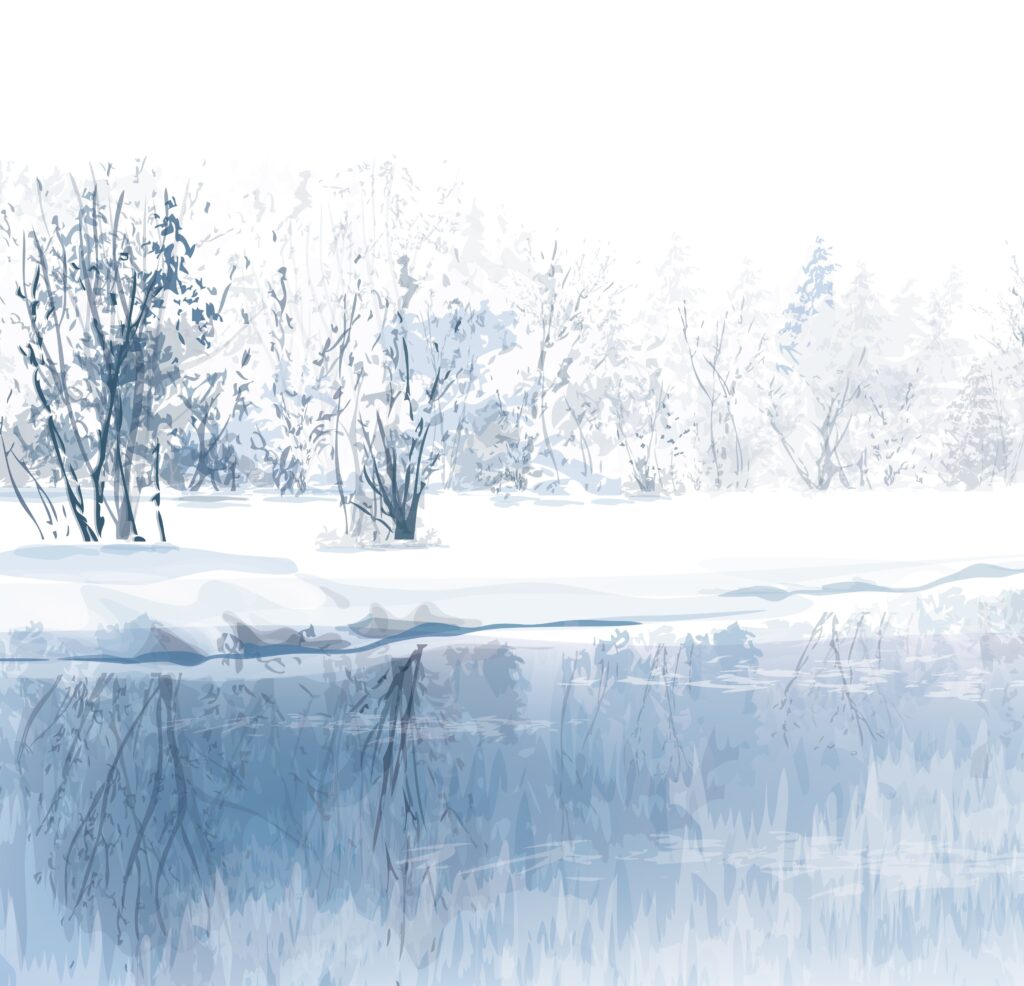
Freshwater Future Weekly: December 10, 2021
THIS WEEK: Won’t you say YES to a better Great Lakes Future by donating today! + Michigan’s Stricter Lead and Copper Rule Still Has Limitations + Growing Percentage of Residents Worried about Great Lakes Health + New York Offers Assistance to Pay Water Bills for Low-Income Residents + Canadian and U.S. Funding Opportunities
Won’t You Say YES to a Better Great Lakes Future by Donating Today!
Over the past two years, we have had to say “NO” to doing many things we normally take for granted: NO to social and family gatherings, NO to visiting our favorite Great Lakes destinations, NO to community events, NO to in-person volunteer opportunities, and the list goes on. Freshwater Future has something you can say YES to: helping more people and communities in the Great Lakes Region access clean and safe water resources.
Please say YES to a year-end financial gift to Freshwater Future to support our impactful programs. Click HERE to donate today.
Michigan’s Stricter Lead and Copper Rule Still Has Limitations
After the Flint Water Crisis, Michigan adopted stricter Lead and Copper Rule regulations and new testing requirements for water systems. These new protocols focused on whether water systems provide appropriate measures to reduce metals leaching from pipes. However, these new rules don’t go far enough and lack resources and enforcement to give a truly accurate picture of lead-levels. Without more robust sampling procedures and public outreach, Michigan residents are still left unsure whether their water is safe to drink. The bottom line for resident safety is that only a test at each home can tell whether residents are consuming lead in their drinking water. And remember when reviewing test results, NO lead is safe.
Growing Percentage of Residents Worried about Great Lakes Health
A recent poll of 4,500 residents provides a snapshot of Canadian and U.S. Great Lakes residents’ views about the importance of protecting the health and water quality of the Great Lakes. The survey conducted every three years by the Great Lakes Water Quality Board informs decision makers on the public’s understanding of threats and solutions. One encouraging result of the poll showed 78 percent felt that the economy of the region will suffer without healthy lakes.
Similarly, 84 percent recognized that individuals or households play an important role in protecting the lakes. One of our goals at Freshwater Future is to provide our supporters with opportunities to take actions to keep our waters healthy from source to tap.
New York Offers Assistance to Pay Water Bills for Low-Income Residents
New York is offering up to $5,000 in assistance to low-income residents to pay their drinking water and stormwater bills. An estimated 105,000 households can benefit from the program. New York’s moratorium on water shutoffs expires after the new year. Helping to pay off outstanding water bills is an important step toward addressing the increasing costs of utility bills and the need for affordability policies that ensure everyone has access to clean, safe and affordable water.
Canadian and U.S. Funding Opportunities
The Five Star and Urban Waters Restoration Grant Program 2022 in the U.S. will make awards between $20,000 and $50,000 for projects that develop community capacity to sustain local natural resources for future generations. For more information check out the Request for Proposals.
The Ministry of Environment and Climate Change will be spending $3.1 million over three years on thirty-two new projects under the Great Lakes Protection Initiative. These projects focus on restoring water quality and ecosystem health in Areas of Concern, preventing toxic and nuisance algae, and enhancing engagement with Indigenous Peoples and the public. Recipients of the funding include Raisin Region Conservation Authority, Royal Botanical Gardens’ Wetlands Rehabilitation Program and Wasauksing First Nation. The Great Lakes Protection Initiative is currently accepting new applications for 2022-2023.